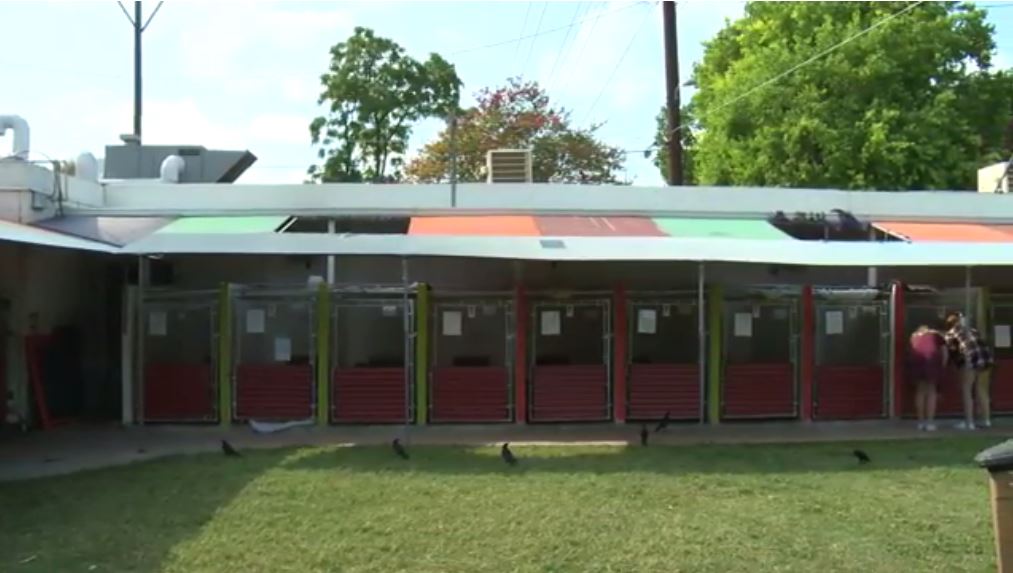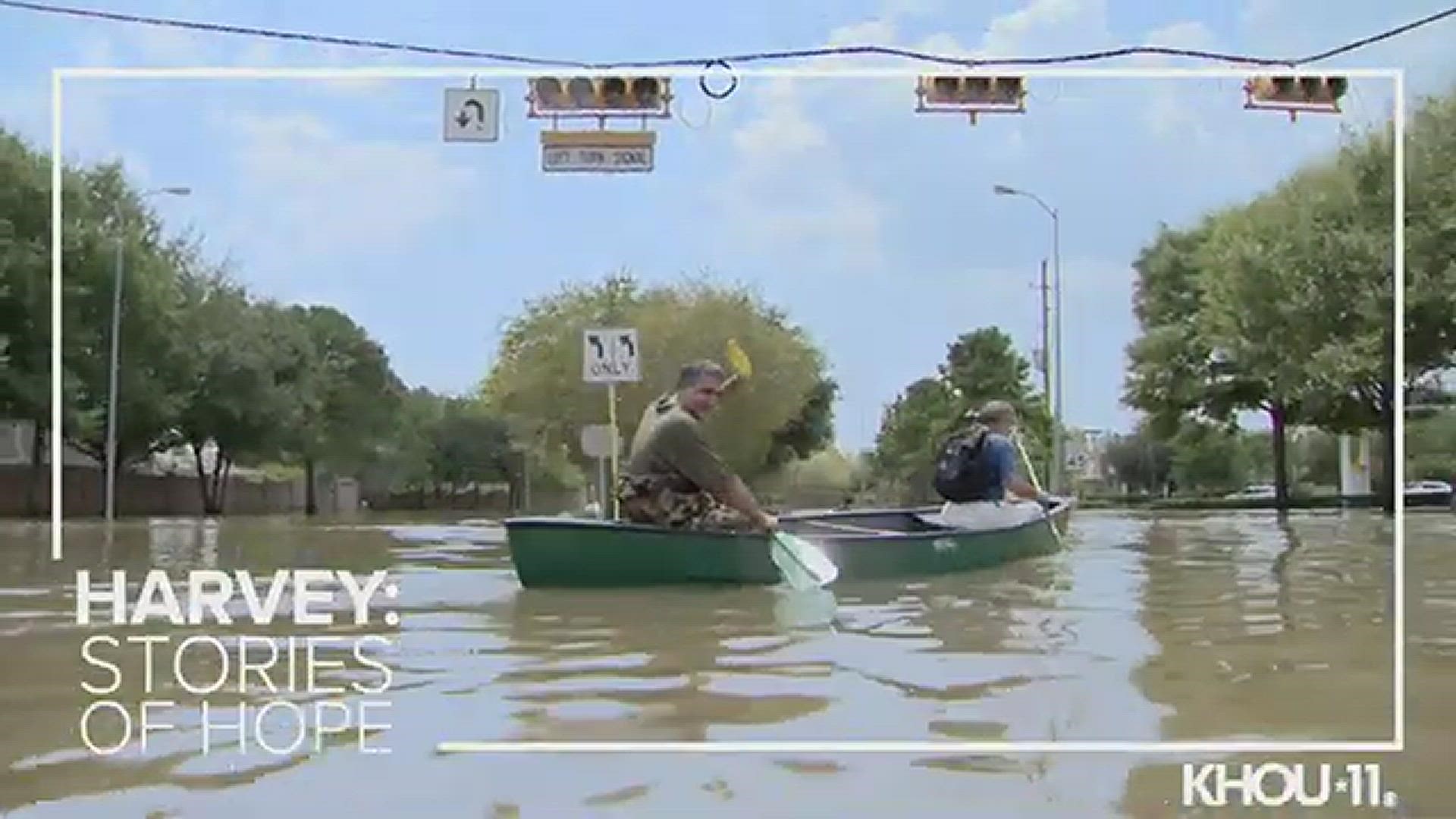AUSTIN, Texas -- Across the grounds of Austin Pets Alive!, kennels are full.
But that tells just a small part of what's been a massive, multi-location undertaking.
"We've never experienced anything like this," explained Mary Mattia, APA!'s director of communications.
Since Hurricane Harvey, they've cared for more than 2,500 animals.
"The capacity has expanded so much that we actually had to hire temporary help to continue caring for the animals," Mattia explained.
Nearly a month after the storm, the effects are still being felt.
Typically, Austin Pets Alive! has 160 dogs at the shelter. Currently, that number sits at 240 -- a 50 percent spike.
"We've tripled the number of dogs that we have in foster, and over doubled the number of cats that we have in foster," Mattia explained, adding they normally have 200 dogs and 200 cats in foster.
It's been a mix of new and returning fosters helping take in the hundreds of additional pets.
"We knew that every kennel we opened up was another dog's life that we would save from down there," said Matthew, who, along with his wife, fostered a dog named Asha. "So we just wanted to do our part, and we encouraged several friends to do it and they did the same."
While the Heerwald's had previously adopted a dog, they had never fostered.
"(Due to Hurricane Harvey, it) turned out to be thousands of animals that needed a home," said Heerwald. "This would be home for them if we could clear it out -- so we did."
Asha was one of several animals who were at the shelter prior to the storm who needed to be moved to accommodate the large influx of pets.
"We were already dealing with a pretty full shelter when the hurricane hit. But there really wasn't another option for us. We needed to make sure that every animal had a legitimate chance at life," Mattia said, adding the summer is typically their busiest season.
Even prior to the storm, APA! worked with shelters in the areas in Harvey's path to evacuate animals.
For each animal, it costs $100 just to process their intake -- costs that don't account for food, bedding, medicine or staffing.
It's a long-term recovery effort, that staff are working on day by day, trying to find forever homes -- pet by pet.


